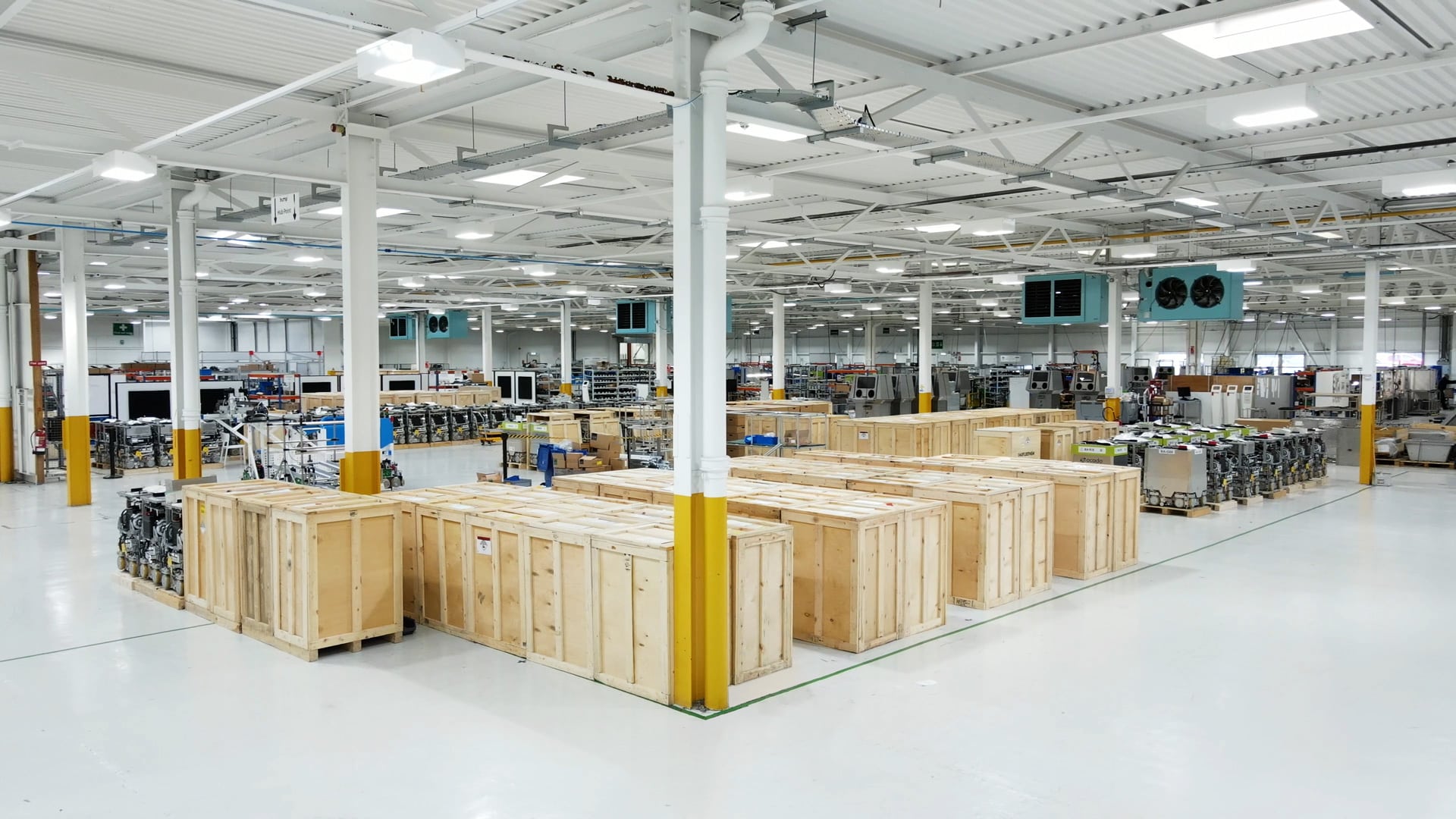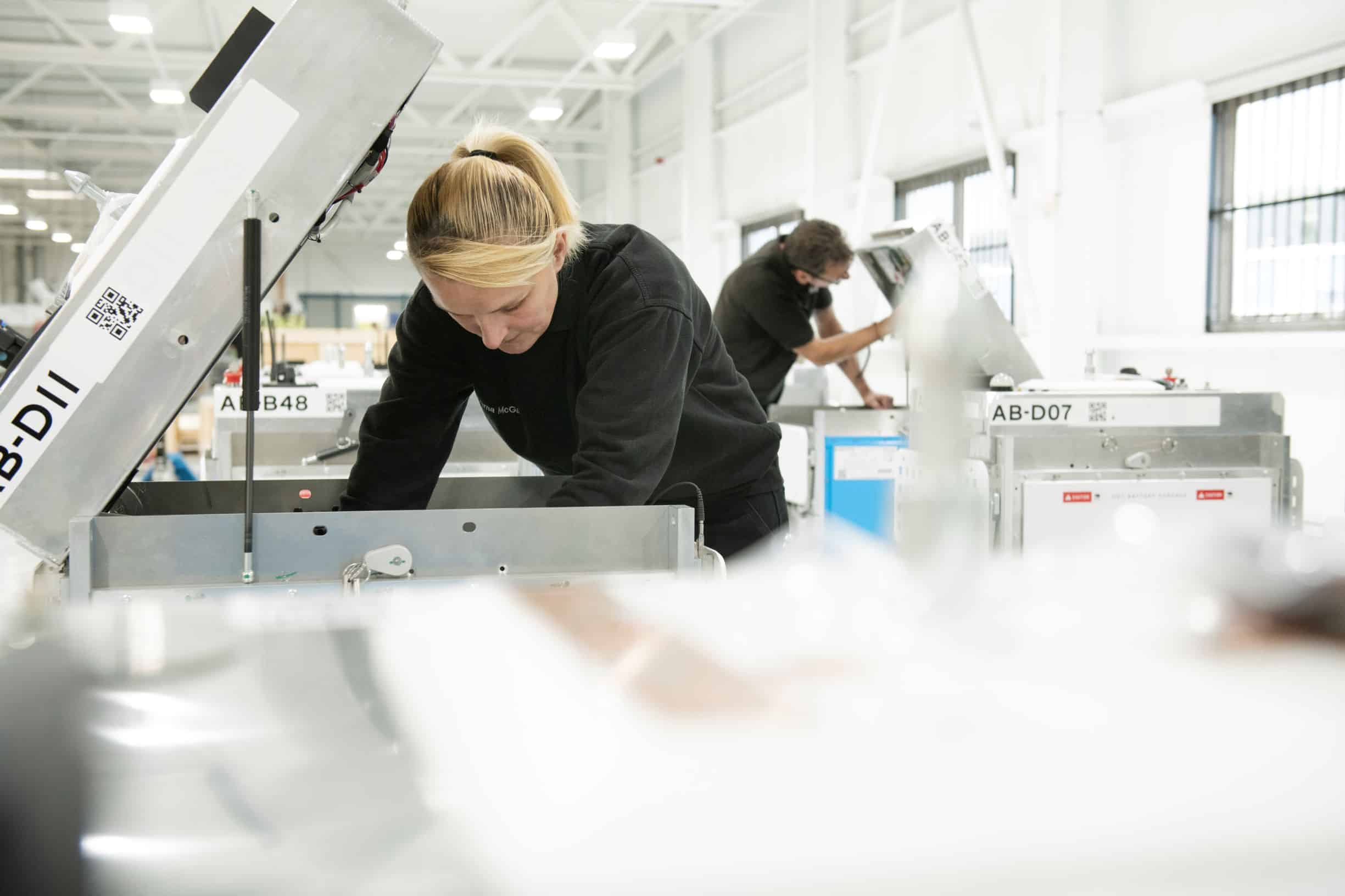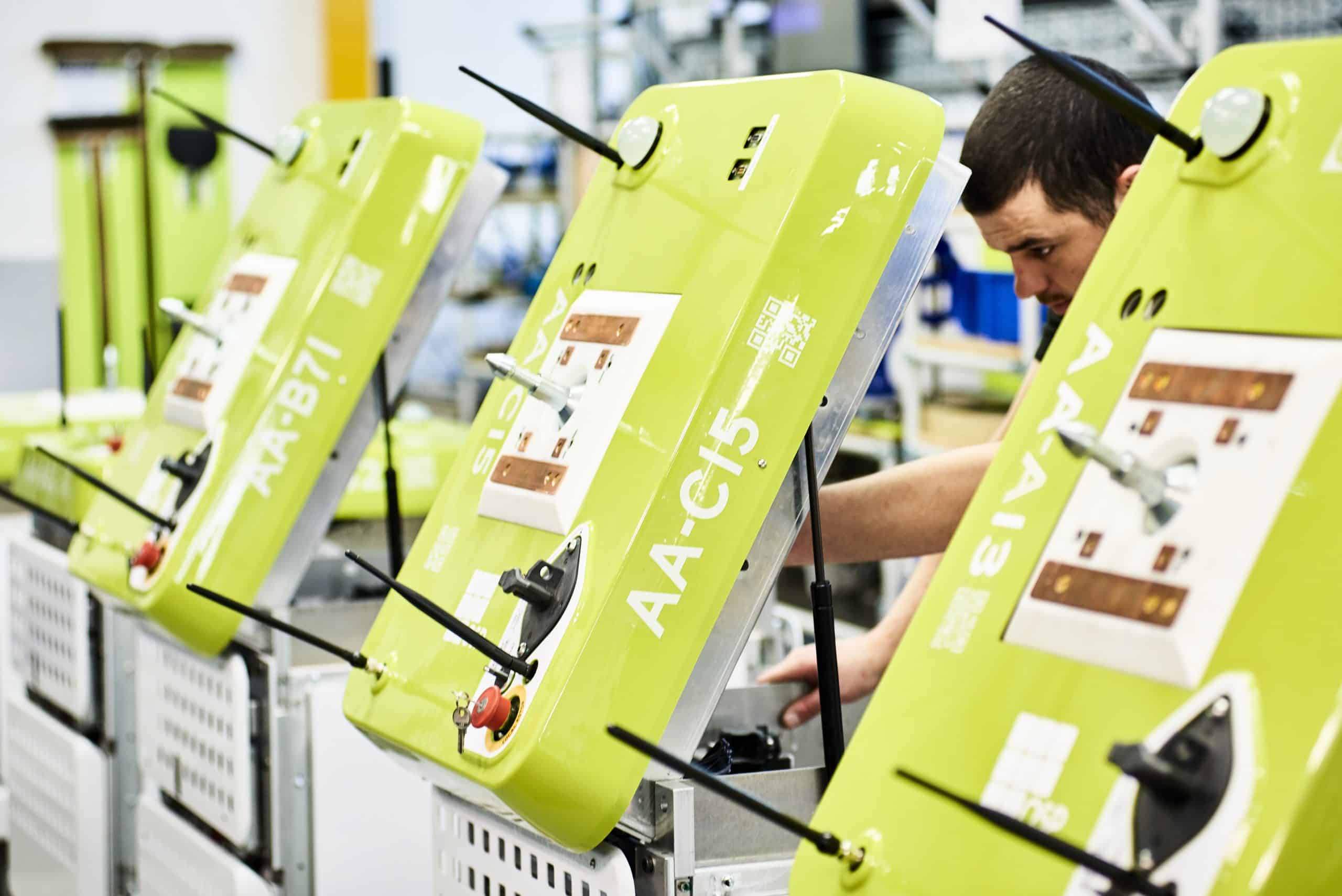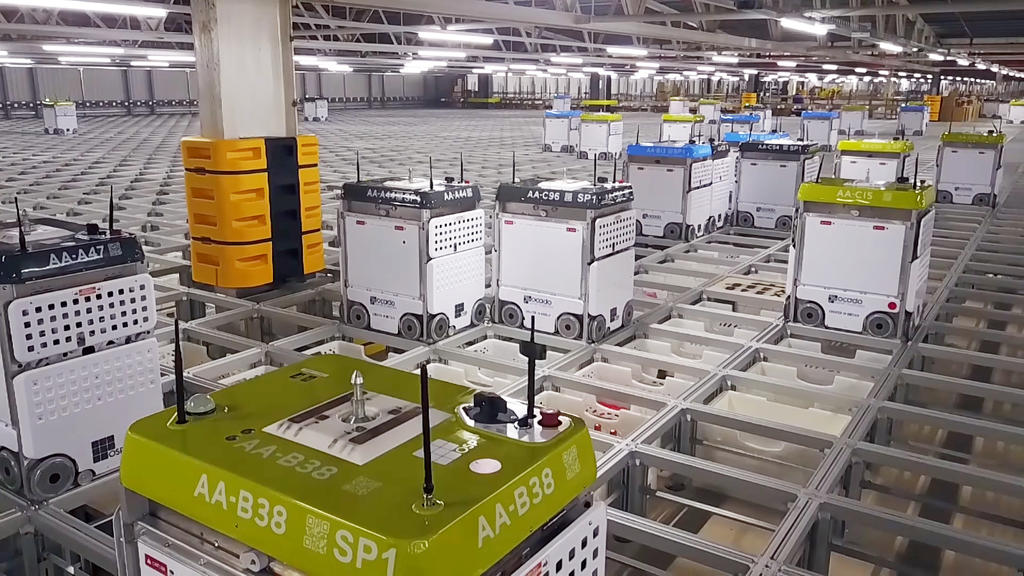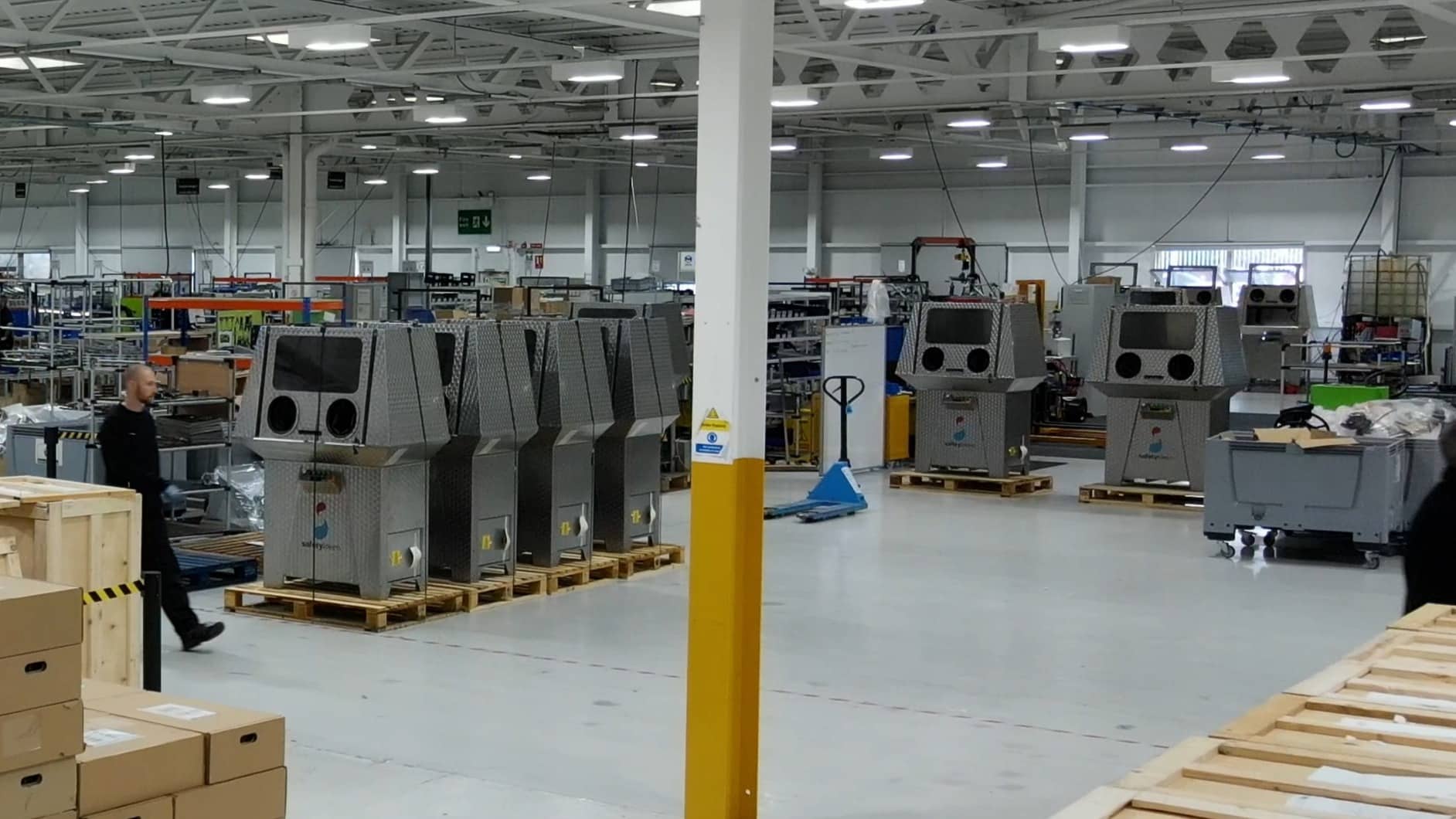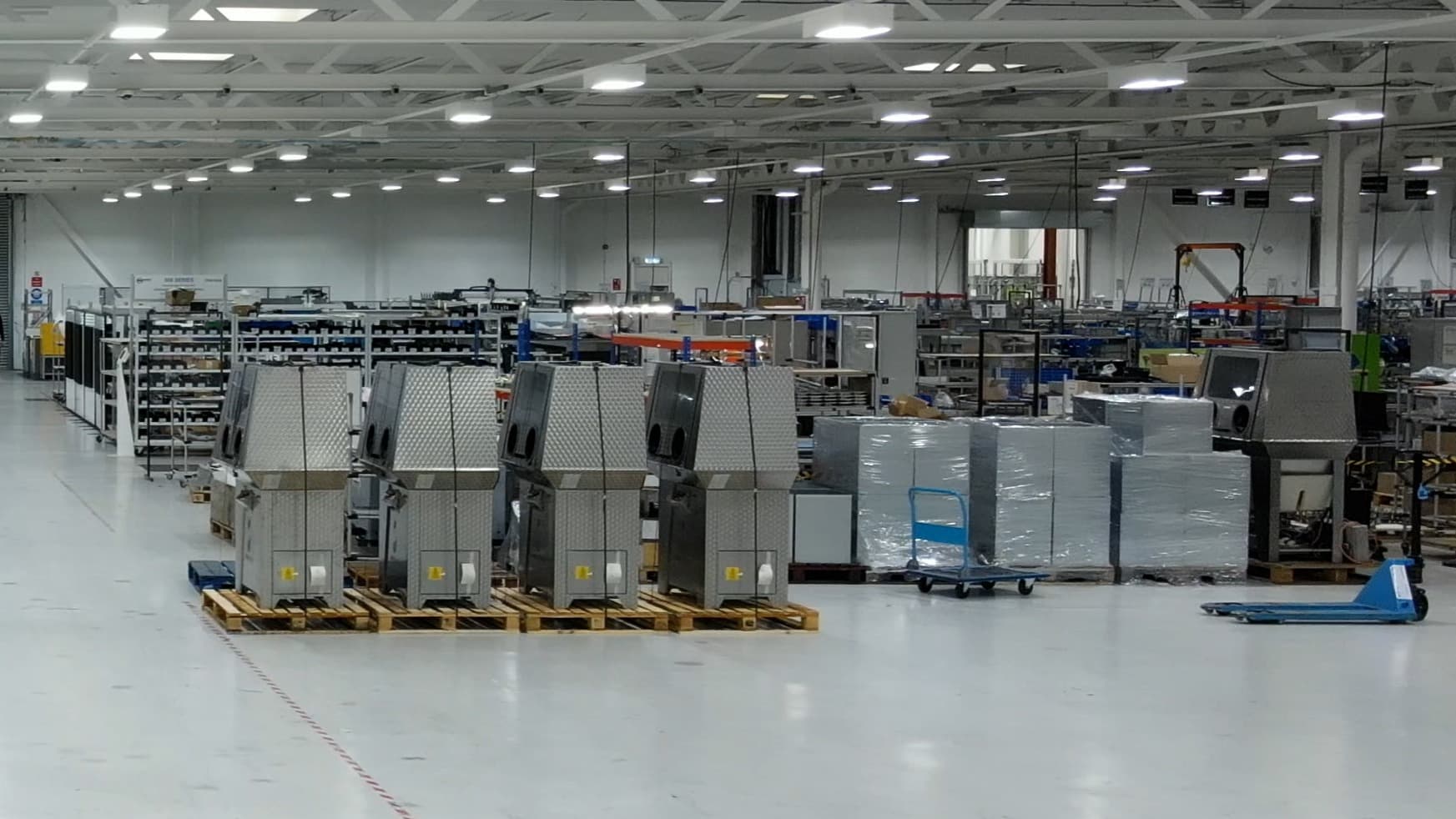Reshoring manufacturing to the UK is no longer a question of if, but when.
Reshoring is moving from ambition to action for UK manufacturers. Driven by supply chain resilience, quality control, and government support, companies are rethinking where they build and finding strong reasons to invest locally. This article explores the key drivers behind reshoring and shows how businesses can unlock the benefits of producing closer to home.
Introduction
Reshoring manufacturing to the UK is becoming an increasingly strategic move for companies seeking more control in an unpredictable world. According to recent research, 82% of UK manufacturers plan to accelerate their reshoring efforts, with 58% already having moved some production back onshore.
This shift is not just about reacting to global disruption. It is about building future resilience. The events of recent years, including the COVID-19 pandemic, Brexit, and geopolitical instability, have highlighted the vulnerability of complex global supply chains. In response, companies are re-evaluating their manufacturing strategies and seeing clear advantages to reshoring operations.
This article explores the key drivers behind reshoring, the growing support from UK government policies, and the role of trusted domestic partners in making local production not only viable but also successful.
Key drivers for reshoring manufacturing
Supply chain resilience and quality assurance
Long, international supply chains introduce layers of risk, including delays and shutdowns, as well as parts verification and quality inconsistencies. Brexit has added further challenges, including customs complexities, increased administrative burdens, and foreign exchange volatility. Manufacturers now face growing difficulty in managing component traceability and product compliance when sourcing overseas.
The result is clear. Ninety-five per cent of executives say supply chain resilience is a top priority for 2025, up from 69% the previous year. For sectors such as aerospace and defence, 93% cite national security and geopolitical uncertainty as the leading motivations for reshoring.
Reshoring offers greater control, faster lead times, and the ability to respond quickly to market shifts, all while improving confidence in quality and regulatory compliance. By bringing production closer to home, manufacturers can oversee processes in real time, reducing defects and improving adherence to ISO standards. For many companies, these quality and compliance benefits are now outweighing the perceived cost savings of sourcing from low-cost regions.
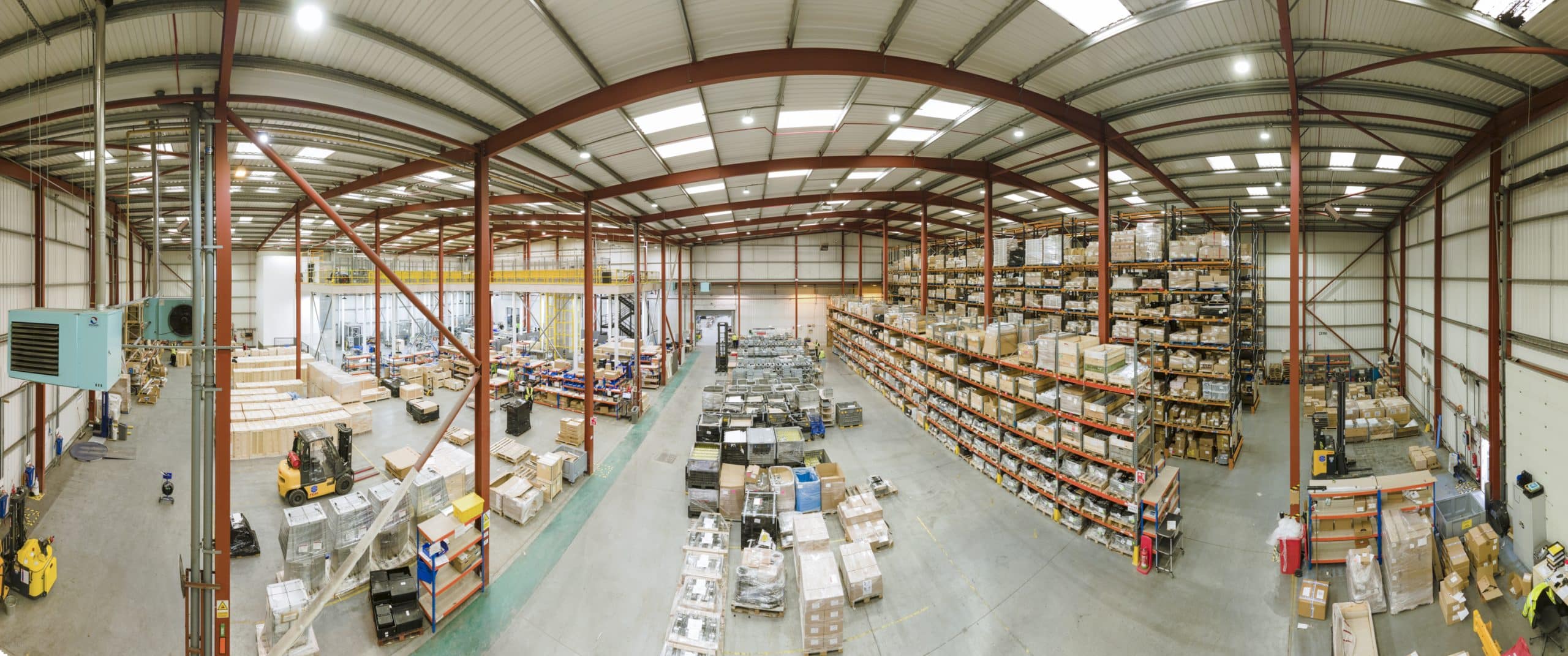
Cost control under pressure
While offshoring once promised lower costs, that equation is shifting. Labour costs in historically low-cost regions are rising. Shipping has become more expensive and less predictable. FX fluctuations and post-Brexit trade barriers intensify the pressure.
UK manufacturers face their own inflation and wage challenges, but the full cost picture tells a different story. By producing closer to their markets, companies reduce transport costs, avoid overstocking to buffer long lead times, and free up working capital.
Brexit has also introduced new operational costs, including customs checks and compliance overheads, which small and medium-sized manufacturers are feeling particularly. According to Make UK and BDO’s Manufacturing Outlook, 56% of manufacturers reported rising costs tied to customs paperwork, logistics delays, and new regulatory burdens.
Energy costs in the UK remain higher than in many European markets, adding another layer of complexity to the situation. Yet despite these pressures, 92% of executives want production closer to their customers. For many, reshoring is now a strategic decision focused on managing total costs and protecting value, rather than simply chasing the lowest unit price.
Sustainability and ESG
Shorter supply chains are not only more reliable. They are also more sustainable. Overseas production often comes with a significant carbon footprint. Reshoring enables companies to reduce their environmental impact through shipping and supports their ambitious net-zero commitments. This can result in a 53% reduction in the carbon footprint of a product sold in the EU but manufactured in the UK compared to the same product made in China.
In 2025, 60% of executives cited environmental concerns as a key driver of reshoring. With increasing scrutiny from investors and customers, transparent and ethical supply chains are now expected to be in place. Locally made goods help businesses reinforce their ESG credentials and avoid reputational risk.
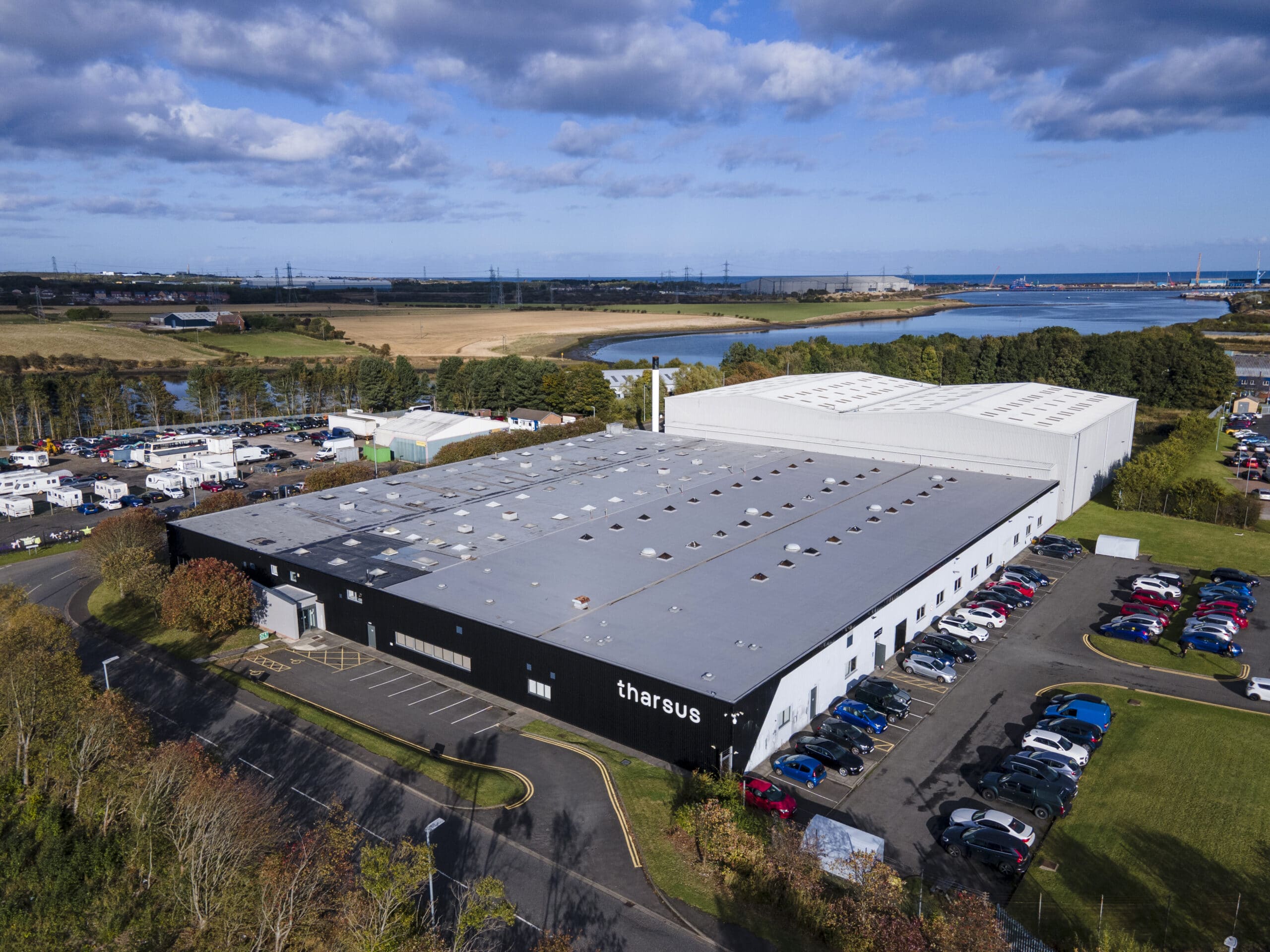
Technology and security
Advanced manufacturing technologies, including robotics and automation, AI, and digital twins, are helping to bridge the cost gap between overseas and local production. Industry 4.0 tools enable greater efficiency, flexibility, and precision, making high-quality production at home more achievable than ever.
For companies operating in the tech sector, reshoring strengthens control over intellectual property and data security. Sensitive designs and technologies can be safeguarded through domestic manufacturing, reducing exposure to geopolitical risks and the threat of technology leakage. Recent geopolitical tensions, including the Russia-Ukraine conflict and concerns around supply chain dependencies on China, have reinforced the importance of securing critical production. Government initiatives, such as Invest 2035, are also supporting the growth of advanced manufacturing capacity across key sectors, including semiconductors, electric vehicles (EVs), and renewable energy.
As businesses increasingly prioritise resilience alongside innovation, reshoring enables them to build supply chains that are not only more efficient but also more secure and future-proof.
Reshoring support is growing
Recognising the strategic value of manufacturing, the UK government is investing in the future of industry. In late 2023, the Advanced Manufacturing Plan was launched with a commitment of £4.5 billion over a five-year period. This investment targets growth in sectors such as clean energy, automotive, life sciences, and aerospace.
The goal is clear. Make the UK the best place to start and scale manufacturing businesses. The funding aims to de-risk private investment and encourage long-term growth in production capacity.
In addition, networks such as the High Value Manufacturing Catapult provide essential infrastructure, expertise, and R&D support to help manufacturers innovate and expand within the UK.
This growing ecosystem of public and private support reduces barriers for companies ready to reshore and build resilience into their operations.
Manufacturing in action
Reshoring may be in the spotlight, but manufacturing in the UK has already delivered long-term success for companies investing locally from the outset.
Ocado – Building advanced robots in Britain
A great example of this is our partnership with Ocado. Best known as an online grocer, Ocado transformed into a global tech company by developing the Ocado Smart Platform, a cutting-edge warehouse system powered by autonomous robots.
To bring this vision to life, Ocado needed a partner who could engineer, scale, and reliably deliver high-tech machines. They found a partner in Tharsus.
Since the early days of the partnership, we have manufactured Ocado’s UK robots in our Northumberland facility. In 2022, we marked a milestone with the construction of our 10,000th robot. This UK-based production helped protect Ocado’s IP, ensured consistency and speed, and supported a world-class customer experience.
Our collaboration created over 100 skilled jobs in the North East and attracted multi-million-pound investment to the local economy. Together, we demonstrated that Britain can not only invent transformational tech but also build it at scale.
SafetyKleen – Sustained manufacturing success
Another example is our partnership with SafetyKleen, a European leader in industrial parts cleaning.
In 2012, SafetyKleen approached Tharsus to help design and manufacture a next-generation cleaning system. What began as a single project evolved into five product lines, all built entirely in the UK, with 25,000 machines delivered between 2012 and 2024.
By working closely with our engineering team, SafetyKleen redesigned complex systems to reduce cost, simplify production, and boost performance. The JetKleen parts washer is a prime example, improving reliability and running costs while strengthening SafetyKleen’s market position.
This long-standing relationship is proof of how sustained domestic partnerships can drive innovation, efficiency, and value over time.
Partnering for success
Reshoring is not just about reducing risk; it’s also about enhancing competitiveness. It is about seizing an opportunity. The UK now offers the talent, infrastructure, and policy support to make local production a competitive advantage.
But success depends on having the right partners. At Tharsus, we collaborate with companies to solve complex engineering problems and scale production quickly, reliably, and flexibly. We provide the technical expertise and operational capacity to take products from design to delivery, all on UK soil.
Whether you’re responding to global disruption or planning long-term growth, we’re here to support your reshoring journey.
If you are considering bringing manufacturing back home, contact us today to explore how we can support your ambitions. Simply use the ‘Contact Us‘ button located in the blue bar below.
Sources: Capgemini Research Institute – The Resurgence of Manufacturing, Make UK/BDO Manufacturing Outlook, UK Government manufacturing announcements.
